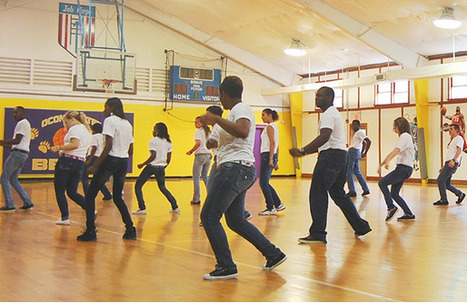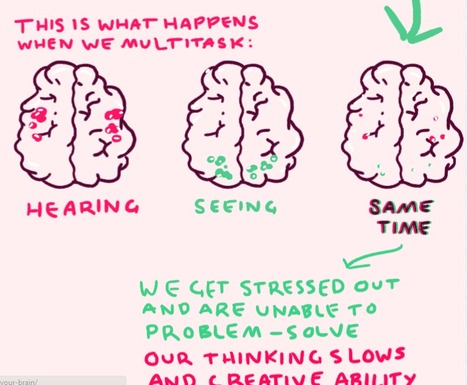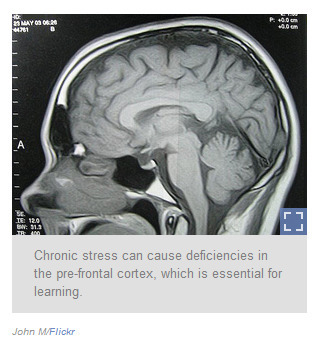Just 12 minutes of aerobic exercise can boost low-income college students’ academic performance. The effect is large enough to close the achievement gap.
Research and publish the best content.
Get Started for FREE
Sign up with Facebook Sign up with X
I don't have a Facebook or a X account
Already have an account: Login
Tech tools that assist all students to be independent learners & teachers to become better teachers
Curated by
Beth Dichter
 Your new post is loading... Your new post is loading...
 Your new post is loading... Your new post is loading...
|

Henrietta Marcella Paz-Amor's curator insight,
June 17, 2014 11:13 AM
How does being poor potentially affect the brain and learning for kids? How one LA school teaches through trauma.. |

















Can Exercise Close the Achievement Gap?